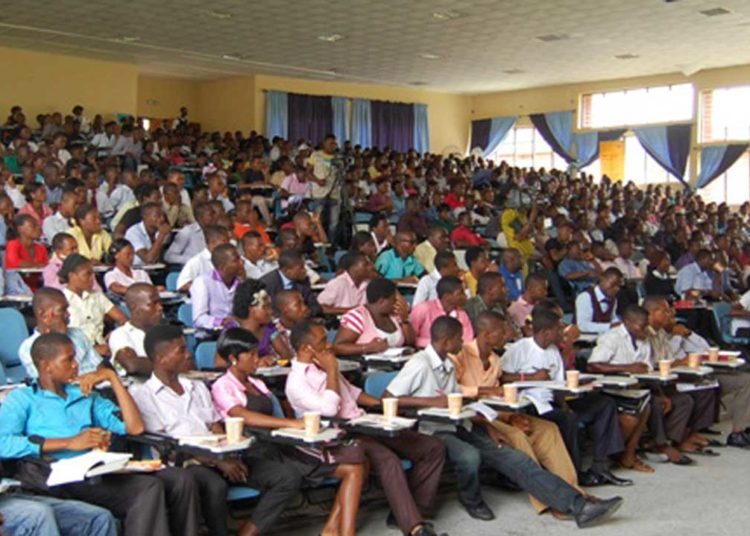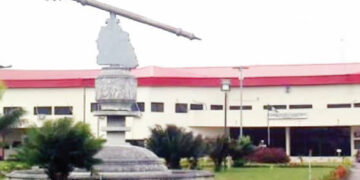The Academic Staff Union of Universities (ASUU) says poor and indigent students will not benefit from the students’ loan recently introduced by the federal government because of the conditions attached.
Chairman of the University of Jos chapter of ASUU, Dr Mwolwus Jurbe who said this in an interview with the News Agency of Nigeria (NAN) on Saturday in Jos, maintained that the conditions attached to the loan were not for the children of the poor, who were supposed to be the target beneficiaries.
President Bola Tinubu, had in June signed the Access to Higher Education Act, 2023, also known as the Students Loan Act.
The law would ensure the provision of interest-free education loans for Nigerians seeking tertiary education.
Some of the conditions are that; students who wish to apply for the interest-free loan must first obtain admission into a public Nigerian university, polytechnic, College of Education (COE), or Technical and Vocational Education and Training (TVET) School.
The applicant’s income or family income should not exceed N500,000 per annum, and he/she must provide a minimum of two civil servants as guarantors.
These guarantors should either be at least on Level 12 in the civil service or a lawyer with at least 10 years of post-call experience, a judicial officer, or a Justice of Peace.
Students, or their parents, who have previously defaulted on loans, or have been found guilty of exam malpractices, felony, or drug offences would not be considered eligible for the loan.
It further added that repayment of the loan would commence two years after the completion of the graduate’s National Youth Service Corps programme, and the money would be deducted directly from the beneficiary’s salary at a rate of 10 per cent by the employer.
Self-employed beneficiaries would remit 10 per cent of their total monthly profit to the designated Students Loan account to be prescribed by the bank.
According to Jurbe however, ASUU, a union that promotes equity and justice for all, wants Nigerians to have equal opportunities at acquiring education, irrespective of social status.
“Part of the reasons for our last strike is the revitalisation of the university system, but we received backlash from Nigerians.
“We believe that government can fund education; because federal and state governments spend huge amounts to send students abroad for studies,” he said.
We’ve got the edge. Get real-time reports, breaking scoops, and exclusive angles delivered straight to your phone. Don’t settle for stale news. Join LEADERSHIP NEWS on WhatsApp for 24/7 updates →
Join Our WhatsApp Channel










